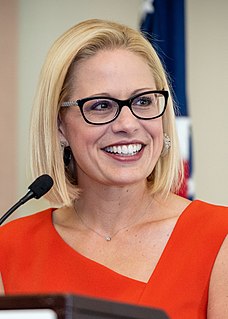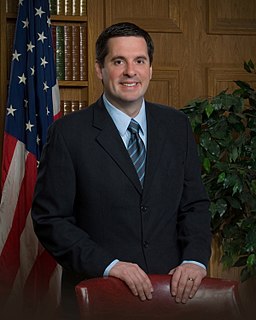A Quote by Pat Buchanan
There has been sort of, if you will, a moral interventionism on the part of the United States trying to reshape countries in our own image. Now, we had to go into Afghanistan. We didn't have to go into Iraq. But the idea that you could create a Vermont in the Middle East like that was naive from the beginning.
Related Quotes
What bin Laden had hoped to achieve in Afghanistan in the post-9/11 period, which was to drag the United States into a protracted guerrilla war like the one he had fought against the Soviets, never happened. Instead, that protracted guerrilla war is now playing out in Iraq, in the heart of the Middle East.
I believe that the Iraqis have an opportunity now, without Saddam Hussein there, to build the first multiconfessional Arab democracy in the Middle East. And that will make for a different kind of Middle East. And these things take time. History has a long arc, not a short one. And there are going to be ups and downs, and it is going to take patience by the United States and by Iraq's neighbors to help the Iraqis to do that. But if they succeed, it'll transform the Middle East, and that's worth doing.
Continuous wars - which we have now had since 2001 - starting with Afghanistan, continuing on to Iraq. And even since Iraq, it's been more or less continuous. The appalling war in Libya, which has wrecked that country and wrecked that part of the world, and which isn't over by any means. The indirect Western intervention in Syria, which has created new monsters. These are policies, which if carried out by any individual government, would be considered extremist. Now, they're being carried out collectively by the United States, backed by some of the countries of the European Union.
In my opinion, we've spent $4 trillion trying to topple various people [on the Middle East] that frankly, if they were there and if we could've spent that $4 trillion in the United States to fix our roads, our bridges, and all of the other problems; our airports and all of the other problems we've had, we would've been a lot better off.
I think it's more likely that we can make positive changes happen on environment and military issues if states begin to secede. I don't think it's question of personal lifestyle preference or some sort of parochial identification with your state. I think it's an absolute moral demand that something be done to create a government with some power that can be controlled by the residents of its territory. That was supposedly the idea in creating the United States, but it doesn't exist now and we have to make it exist even if it's piece by piece, part of the United States at a time.
The United States cannot reshape other countries in its own image and that, with a few exceptions, its efforts to police the world are neither in its interests nor within the scope of its resources. This whole tendency to see ourselves as the center of political enlightenment and as teachers to a great part of the rest of the world strikes me as unthought-through, vainglorious and undesirable.
Currently, the United States has troops in dozens of countries and is actively fighting in Iraq, Syria, Libya, and Yemen (with the occasional drone strike in Pakistan). In addition, the United States is pledged to defend 28 countries in NATO. It is unwise to expand the monetary and military obligations of the United States given the burden of our $20 trillion debt.
By the end of the 1960s, the United States owned more than half of the Indian rupee money supply, and that had been acquired through food aid. So I think it's very interesting to see the very long history of how sovereignty and food go together. When some countries remove another country's ability to feed itself, it is a very powerful tool. Imperialist countries, like the United Kingdom, like the United States, have used it for centuries.
The United States does not have a very good record in the Middle East. I think they have the best of intentions but I think the problem is that it's very difficult from Washington, or from Iowa or Nebraska to understand what is happening in this crazy part of the world. In some cases US diplomacy has been somewhat naive.































